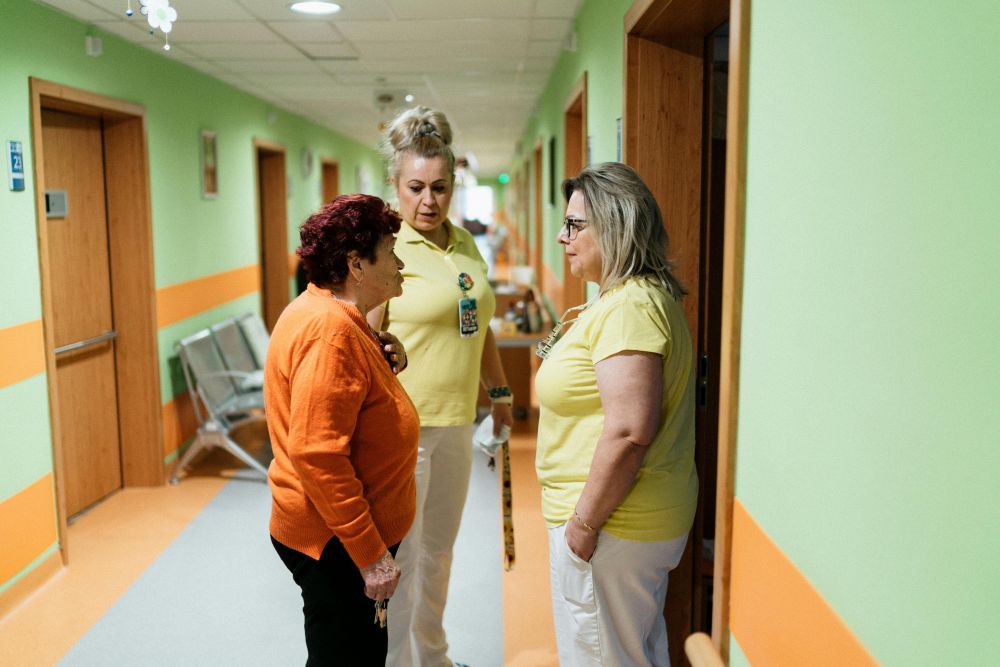Medication errors in nursing homes can have serious and sometimes fatal consequences. While facilities have a legal and ethical duty to provide proper care, families must remain vigilant in protecting their loved ones.
Medication errors in nursing homes are a growing but often overlooked issue, posing serious risks to vulnerable elderly residents. From incorrect dosages to dangerous drug interactions, these mistakes can have life-threatening consequences. Understanding the causes, legal implications, and preventive measures can help families protect their loved ones and hold negligent facilities accountable.
The Scope of Medication Errors in Nursing Homes
Medication errors in long-term care facilities are more common than many realize. According to studies, hundreds of thousands of nursing home residents experience adverse drug events each year, with some resulting in hospitalization or death. These errors often stem from overmedication, incorrect prescriptions, or missed doses.
Common Types of Medication Errors
- Overmedication – In some cases, facilities administer high doses of sedatives or antipsychotic drugs to keep residents passive, a practice sometimes referred to as “chemical restraint.” This is not only unethical but illegal.
- Undermedication – Nursing home staff may miss doses or provide insufficient amounts, causing untreated conditions to worsen.
- Wrong medication – Confusion between similar drug names or misfiled prescriptions can lead to patients receiving the wrong drugs.
- Dangerous drug interactions – Many elderly residents take multiple medications. If care providers fail to check for interactions, serious complications, including organ failure, can occur.
Causes of Medication Errors in Nursing Homes
Medication errors are often preventable but occur due to systemic issues within nursing homes, including:
- Understaffing – Many facilities operate with high patient-to-nurse ratios, leading to rushed administration of medications and more errors.
- Inadequate training – Staff may lack proper pharmaceutical knowledge or fail to double-check dosages.
- Poor record-keeping – Medication logs may be incomplete or outdated, increasing the risk of missed doses or double administration.
- Lack of oversight – Some facilities fail to have physicians or licensed pharmacists review prescriptions regularly.
The Legal and Ethical Implications
When medication errors occur, nursing homes can be held legally responsible. Under California law, nursing homes are required to:
- Administer medications as prescribed by a licensed physician.
- Ensure staff are trained to handle and dispense medications correctly.
- Monitor residents for adverse reactions and adjust medications accordingly.
Failure to do so may constitute elder neglect or abuse under California’s Elder Abuse and Dependent Adult Civil Protection Act (EADACPA). According to Art Gharibian, an elder abuse attorney at Gharibian Law:
“Medication errors in nursing homes often stem from a combination of negligence and cost-cutting measures. Families need to be proactive in monitoring their loved ones’ prescriptions and advocating for proper care.”
How Families Can Protect Their Loved Ones

To minimize the risk of medication errors, families should:
- Keep an updated list of prescriptions and dosages.
- Regularly review medical records and question any unexplained medication changes.
- Observe for signs of overmedication or withdrawal symptoms.
- Request a medication review with the attending physician.
What to Do If a Medication Error Occurs
If you suspect a loved one has suffered due to a medication error, take the following steps:
- Document everything – Keep records of prescriptions, symptoms, and any changes in their condition.
- Report the issue – File a complaint with California’s Department of Public Health (DPH) or the Ombudsman for Long-Term Care.
- Seek legal assistance – If negligence is suspected, consult with an elder abuse attorney to explore legal action.
Medication errors in nursing homes can have serious and sometimes fatal consequences. While facilities have a legal and ethical duty to provide proper care, families must remain vigilant in protecting their loved ones. If a nursing home’s negligence has caused harm, legal action may be necessary to ensure accountability. For more on elder abuse and patient safety, visit Legal Reader.

Join the conversation!